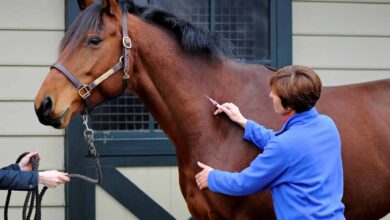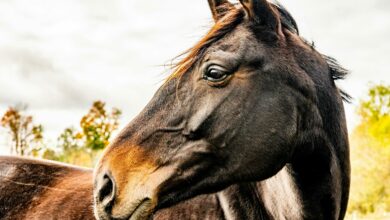Horses are noble and athletic animals, admired for their endurance and elegance. Yet, they are highly vulnerable to extreme heat, especially in regions where summer temperatures rise dramatically. Unlike humans, horses are less efficient at cooling themselves. Their large body mass, thick muscles, and limited ability to sweat make them prone to heat stress, dehydration, and in severe cases, heat stroke. As such, proper care during hot weather is not just important—it is a necessity to protect their health and performance.
One of the most vital aspects of summer horse care is hydration. Fresh, clean water should always be accessible, as a horse can drink up to 40 liters a day in hot conditions. Water intake helps regulate body temperature and replace the fluids lost through sweating. In addition, electrolytes—such as sodium, potassium, and chloride—are essential to maintain balance in the body and should be provided when horses are in training, competing, or exposed to long hours under the sun.
Shelter and shade are equally important. Horses left in open paddocks during peak daylight hours are at risk of overheating. Stabling them in well-ventilated barns or providing shaded areas in fields allows them to rest comfortably. Fans, misting systems, or sprinklers can also be used to keep the environment cool and reduce body temperature.
Exercise management plays a key role in hot-weather care. Training sessions should be scheduled during the early morning or late evening, when temperatures are lower. Overexertion under the midday sun can quickly push a horse beyond safe limits. After exercise, cooling techniques such as rinsing with cold water, walking them slowly, and avoiding heavy rugs or tack can speed up recovery.
Finally, regular veterinary checkups are crucial. A professional can assess for early signs of dehydration, respiratory strain, or heat-related stress. Simple indicators—like changes in breathing rate, lethargy, or refusal to eat—must not be ignored. Preventive care, combined with close daily observation, helps ensure horses remain healthy and capable during even the harshest summer days.
Caring for horses in hot weather is a responsibility that requires vigilance and dedication. By focusing on hydration, shelter, exercise management, and veterinary oversight, owners can safeguard their animals’ well-being and maintain their strength, beauty, and performance all year round.








